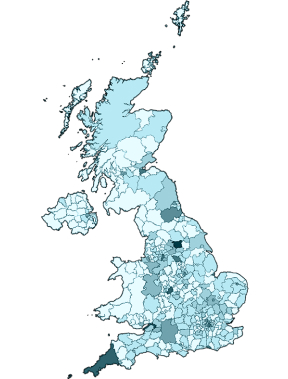EDGI UK
The Eating Disorders Genetics Initiative (EDGI), led by the National Institute for Health and Care Research (NIHR) Mental Health BioResource (part of the NIHR BioResource), researchers at King's College London and Beat, the UK's eating disorder charity, is a project set up to support studies exploring risk factors for eating disorders.













